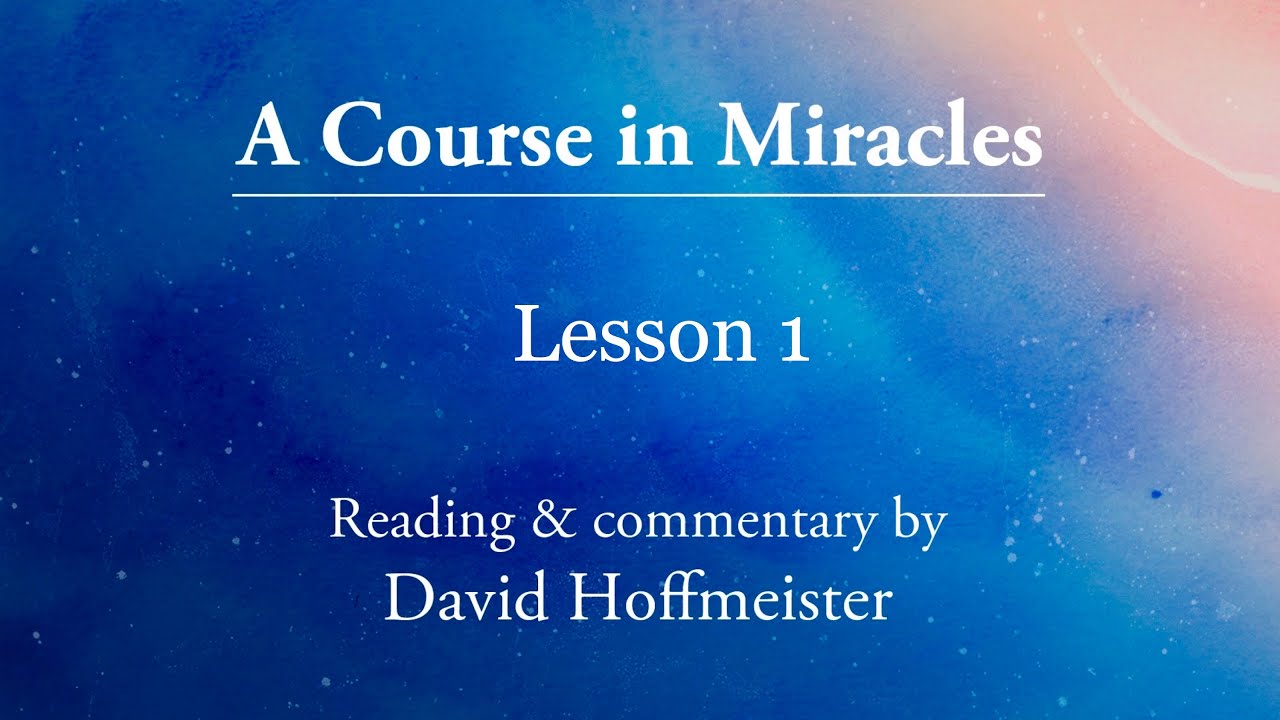Education is undeniably the cornerstone upon which the future of any society rests. It serves as the catalyst for personal growth, economic development, and social progress. In today’s ever-evolving world, the significance of a robust and accessible a course in miracles system cannot be overstated. It empowers individuals with knowledge, fosters critical thinking, and cultivates the skills necessary to adapt to an ever-changing landscape.
Education is a powerful equalizer. It breaks down barriers and provides individuals from all walks of life with the opportunity to realize their full potential. A society that prioritizes education ensures that talent is not wasted due to circumstances of birth or background. It allows for a meritocratic society where anyone, regardless of their socioeconomic status, can aspire to achieve their dreams and contribute meaningfully to their community.
One cannot underestimate the direct link between education and economic prosperity. Nations with well-developed education systems tend to have a stronger, more skilled workforce that is better equipped to meet the demands of the global economy. Investment in education leads to innovation, which, in turn, fuels economic growth. It creates a cycle where educated individuals are more likely to secure higher-paying jobs, leading to increased consumer spending, business expansion, and ultimately, a thriving economy.
Education is not just about acquiring knowledge; it’s about learning how to think critically. It teaches individuals how to analyze information, discern fact from fiction, and make informed decisions. In an era of information overload and rapid technological advancements, the ability to think critically is more valuable than ever. It allows individuals to navigate the complexities of the modern world, distinguish between credible and unreliable sources, and engage in meaningful dialogue.
In today’s interconnected world, countries must compete on a global scale. An educated workforce is a nation’s competitive advantage. Countries that prioritize education are better equipped to participate in the global marketplace, attract foreign investment, and engage in international collaborations. They can adapt to emerging technologies, drive innovation, and position themselves as leaders in various fields, from science and technology to the arts and culture.
Education goes beyond economic benefits; it plays a crucial role in fostering social progress and cohesion. A well-educated populace is more likely to engage in civic activities, advocate for social justice, and promote inclusivity. Education promotes understanding, tolerance, and empathy, which are essential for building harmonious and diverse societies. It reduces the risk of social unrest and promotes peaceful coexistence.



